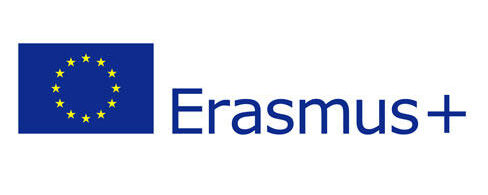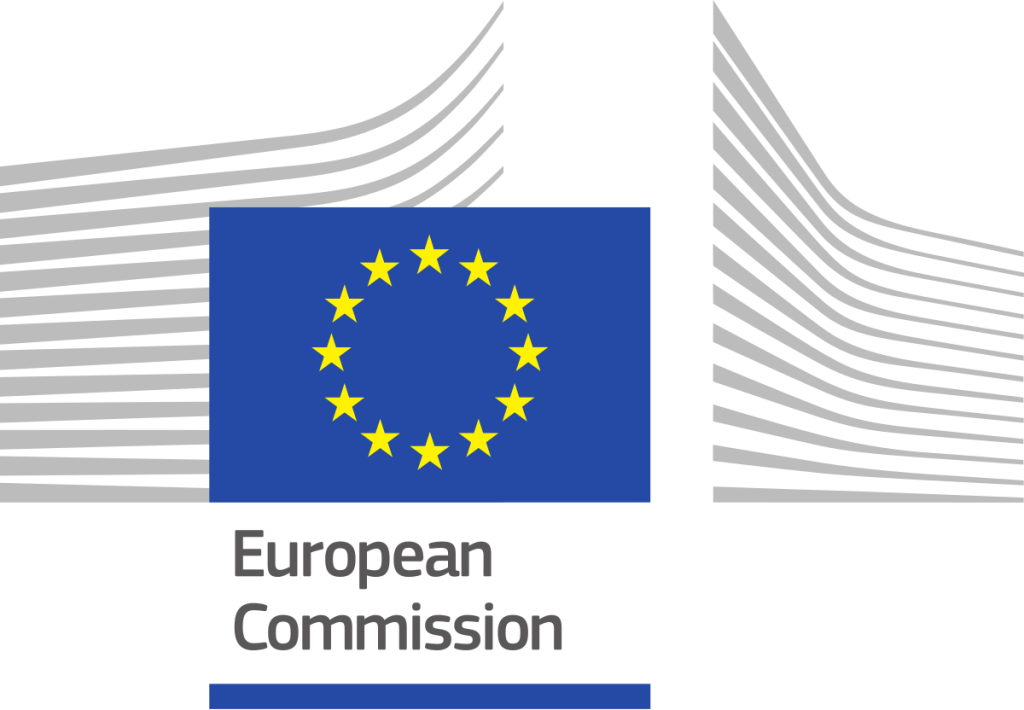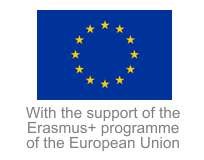National Erasmus + Office +382 20 223 087
Knowledge Alliances
Knowledge Alliances are transnational, structured and result-driven projects, notably between higher education and business. Knowledge Alliances are open to any discipline, sector and to cross-sectoral cooperation. The partners share common goals and work together towards mutually beneficial results and outcomes.
As a general rule, Knowledge Alliances target the cooperation between organisations established in Programme Countries. However, organisations from Partner Countries can be involved in a Knowledge Alliance, as partners (not as applicants), if their participation brings an essential added value to the project.
What does it support
Knowledge Alliances implement a coherent and comprehensive set of interconnected activities which are flexible and adaptable to different current and future contexts and developments across Europe. The following list provides examples of group of activities:
- Boosting innovation in higher education, business and in the broader socio-economic environment;
- Developing entrepreneurship mind-set and skills;
- Stimulating the flow and exchange of knowledge between higher education and enterprises.
Knowledge Alliances may organise mobility activities of students, researchers and staff in so far as they support/complement the other activities of the Alliance and bring added value in the realisation of the project’s objectives.
Who can benefit from it
A participating organisation can be any public or private organisation established in a Programme Country or in any Partner Country of the world (see section “Eligible Countries” in Part A of the Erasmus+ Programme Guide).
For example, such an organisation can be:
- a higher education institution;
- a public or private, small, medium or large enterprise (including social enterprises);
- a research institute;
- a public body at local, regional or national level;
- an organisation active in the field of education, training and youth;
- an intermediary or association which represents education, training or youth organisations;
- an intermediary or association which represents enterprises;
- an accreditation, certification or qualification body.
Higher education institutions established in a Programme Country must hold a valid Erasmus Charter for Higher Education (ECHE). An ECHE is not required for participating HEIs in Partner Countries.
What support is available
Maximum EU contribution awarded for a 2-year Knowledge Alliance:700 000 EUR
Maximum EU contribution awarded for a 3-year Knowledge Alliance: 1 000 000 EUR
Financial contributions from the EU are calculated using fixed scale of unit costs. Please see Programme Guide, page 130-133 for further information.
These unit costs have been calculated in a way that the co-funding is inherent to them, i.e. already incorporated.
Who can apply
Any participating organisation established in a Programme Country can be the applicant. This organisation applies on behalf of all participating organisations involved in the project.
Knowledge Alliances are transnational and involve minimum six independent organisations from at least three Programme Countries, out of which at least two higher education institutions and at least two enterprises.
Higher education institutions established in a Programme Country must hold a valid Erasmus Charter for Higher Education (ECHE). An ECHE is not required for participating HEIs in Partner Countries.
- Read the specific guidelines for this action and the call for proposals carefully.
- Register in the Participant Portal and receive a Participant Identification Code (PIC).
All organisations participating in the proposal must have a PIC number. The PIC will be requested in the application form. - Use the official application forms
- Read the relevant parts of the Erasmus+ guide for applicants carefully.
- Submit your application online before the specified deadline. Make sure you have received a confirmation email.
How are applications selected
All project proposals are assessed by the Executive Agency receiving the application, exclusively on the basis of the criteria described in the ERASMUS+ Programme Guide
The assessment implies:
- a formal check to verify that the eligibility and exclusion criteria are respected;
- a quality assessment to evaluate the extent to which the participating organisations meet the selection criteria and the project meets the award criteria. Such quality assessment is carried out with the support of independent experts.
The quality of eligible applications will be assessed on the basis of the following criteria:
- Relevance of the proposal;
- Quality of the project design and implementation;
- Quality of the project team and the cooperation arrangements;
- Impact and dissemination.
What happens if application is selected
All applicants will receive a written notification of the outcome of the selection procedure as well as feedback on the evaluation of their application. For applications that have been selected for EU co-financing the EACEA will contact the applicants if any further action is required before awarding the contract. EACEA will produce a grant agreement detailing the conditions and the level of co-funding.
For further details please refer to Part C of the ERASMUS+ Programme Guide






